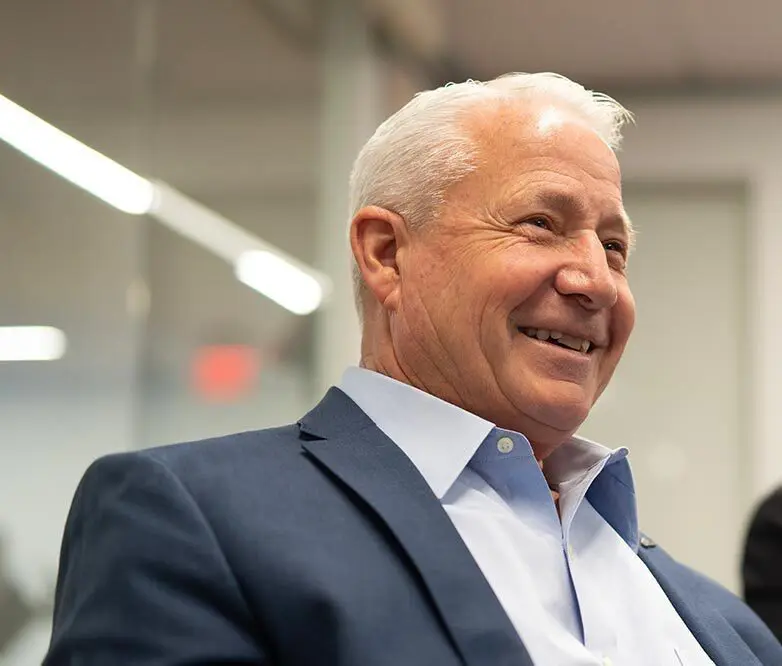For decades, they’ve led billion-dollar institutions, managed shareholder expectations, steered through regulatory minefields, and helmed teams of thousands. But when bank and credit union CEOs step away from the top job, many quickly realize that retirement doesn’t feel like a victory lap—it often feels like a void.
The Rise in Financial CEO Retirements
With careful bank succession planning, today’s financial services landscape is seeing a notable wave of CEO retirements, especially as Baby Boomers professionals across numerous industries increasingly separate from traditional 40–50 hour workweeks, a trend analyzed by Forbes.
Specifically regarding trends in U.S. banking, American Banker reports that more than two dozen leaders from banks and credit unions exited the C-suite over the past several years. When asked about what drove the decision to step away, several common factors emerged:
- Industry burnout
- Regulatory fatigue
- Generational succession plans
- A desire to find professional fulfillment in another setting
Why Planning is Crucial for C-Suite Departures
Retirees like Brett Martinez of Redwood Credit Union, Santa Rosa, Calif.; and John McWeeney of the New Jersey Credit Union League, East Windsor, didn’t exit without a plan, as also noted by American Banker. They just knew it was time.
“I think there’s a shelf life for being in these roles,” Martinez says. “After a while, the stress takes its toll, and you start thinking about how you want to spend the rest of your life.”
This growing trend reflects a deeper truth: Retirement from such high-powered positions isn’t as simple as picking up golf or traveling. The transition often demands a redefinition of identity and purpose.
The Emotional and Psychological Toll of Executive Retirement
Retirement can hit executives harder than expected, as reported in the Harvard Business Review (HBR). For many senior leaders, stepping down leads to a psychological reckoning. Research shows that the emotional disorientation a bank CEO can feel stems not just from leaving the job but from leaving behind a source of identity, validation, and routine.
“You’ve built a life where your name is synonymous with your title,” confesses one retired executive. “Without it, you wonder: Who am I now?”
A different HBR article—from 2018—discusses the importance of preparing for the loss of daily structure and the accompanying status drop. Retirement can be freeing, yes—but also destabilizing.
This echoes the personal journey described in the Halford Consulting Group blog entry, “The Emotional Journey of Retirement.” The post outlines five stages retirees often experience:
- Excitement
- Disillusionment
- Experimentation
- Reorientation
- Stability
Bank CEOs may appear confident outwardly, but like many retirees, they too must wrestle with the emotional turbulence beneath the surface.
Post-Retirement Careers: Boards, Startups, and ‘Encore’ Careers
The post-retirement landscape for CEOs is far from barren. In fact, it’s often quite active—and strategic. Inc. magazine’s profile of former RBC Wealth Management CEO John Taft shows a proactive and optimistic approach.
Taft describes “purpose” as his North Star. For him, retirement is not a fadeout—it’s a pivot. He’s taken time to network, reflect, and even interview for roles that fit his next mission-driven chapter.
“You don’t just stop being driven because you stop being a CEO,” Taft says. Instead of winding down, he’s actively curating a portfolio of high-impact work, including board seats and ESG-focused initiatives.
This trend is echoed in the ABA Banking Journal, which notes that many senior bankers who have stepped down post-merger have reemerged in new capacities. Some consult for fintechs, others join private equity firms, and many land on boards where their regulatory and risk knowledge remains in high demand.
For example, Tom Broughton, former CEO of ServisFirst Bancshares in Birmingham, Ala., now serves on multiple advisory boards. Similarly, Craig Dahl, who once headed TCF Financial Corp. in Detroit, became a consultant. Dahl cites the ability to “stay in the game” without the daily grind as a key motivator to exit the boardroom.
The Value of Retired Bank CEOs
The financial services industry is changing rapidly, with digitization, AI, and evolving consumer expectations reshaping business models. Retired CEOs, with decades of institutional and regulatory knowledge, offer a valuable bridge between legacy systems and next-gen innovation.
As former RBC Wealth Management CEO John Taft explained to Inc. magazine, “Being relevant doesn’t have to end when your tenure does.” The trick is redefining relevance on your own terms.
The Continued Search for Meaning After Retirement
Retirement for bank CEOs isn’t merely about financial security or leisure—it’s about meaning. The transition from commanding boardrooms to shaping future ventures requires intentionality, emotional readiness, and a willingness to reinvent.
A bank CEO’s retirement isn’t the end of his or her leadership role. It’s the evolution of that leadership into a new setting.




















